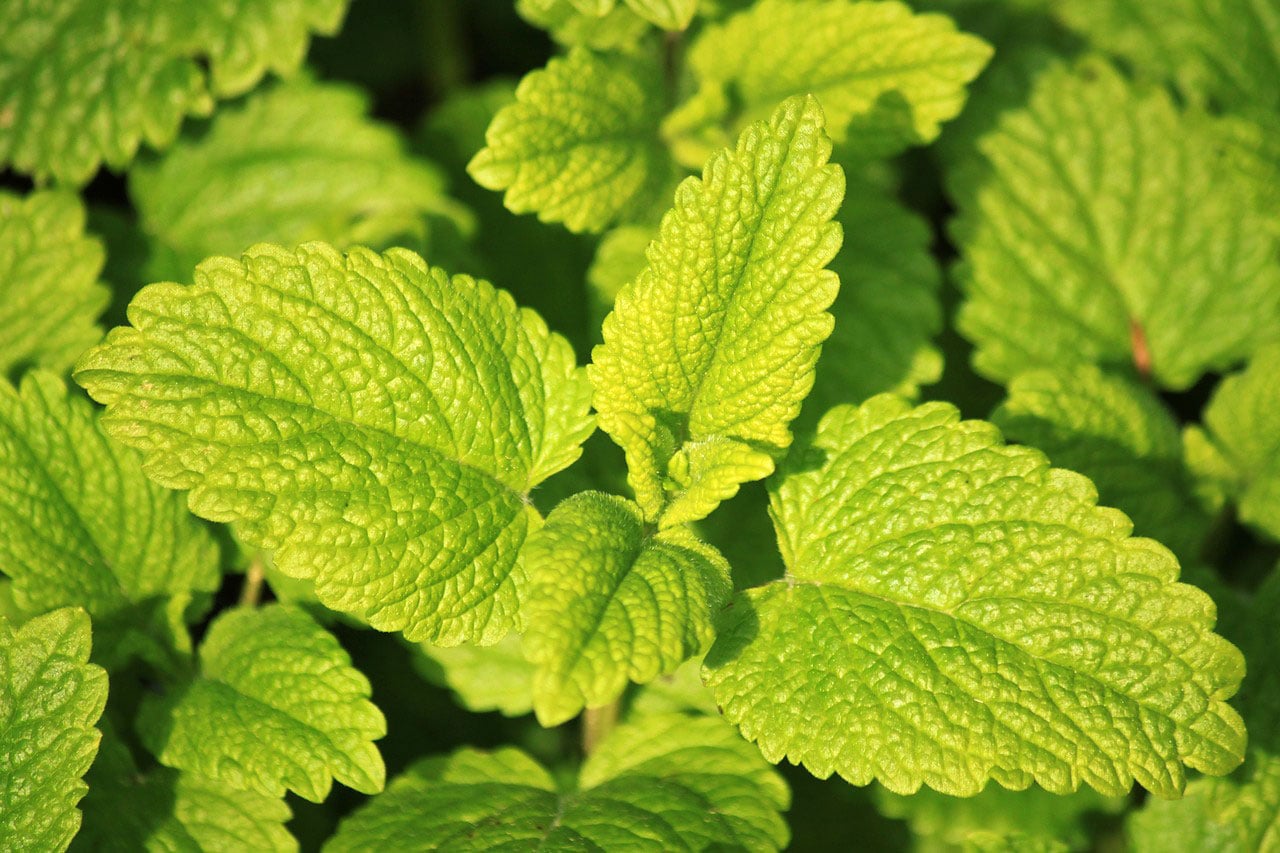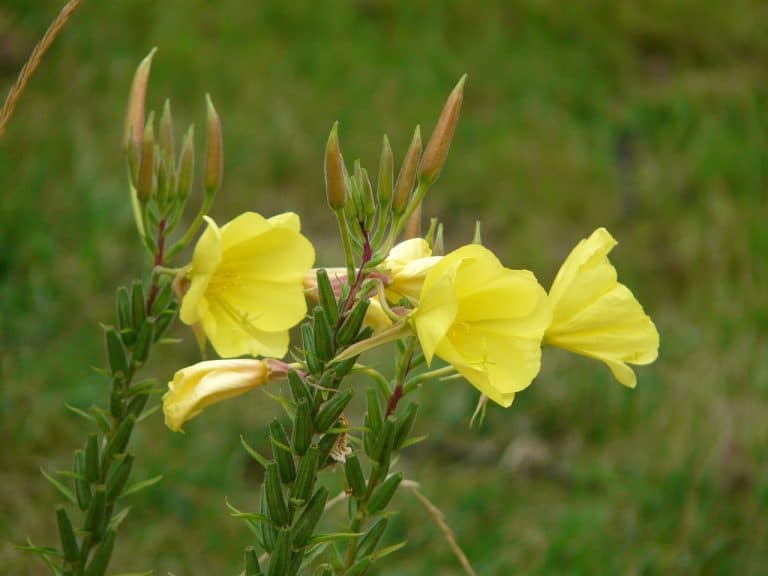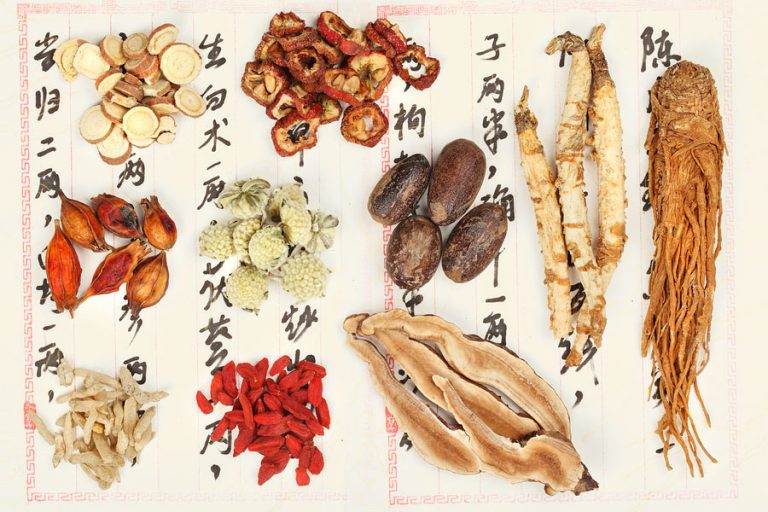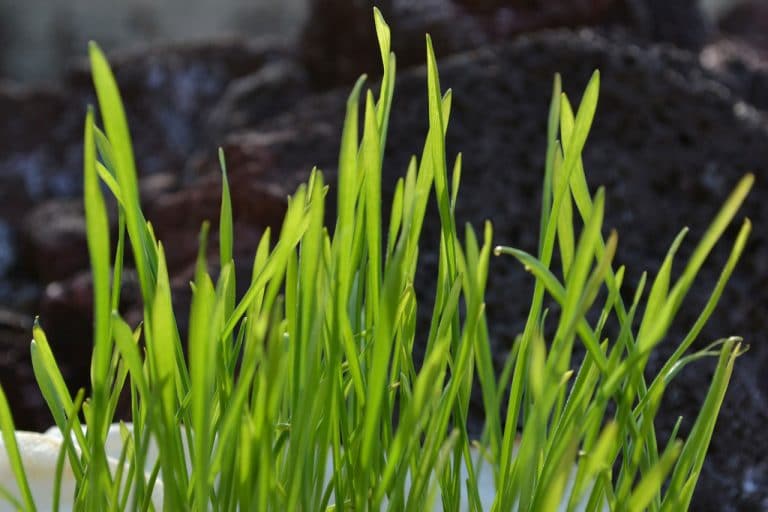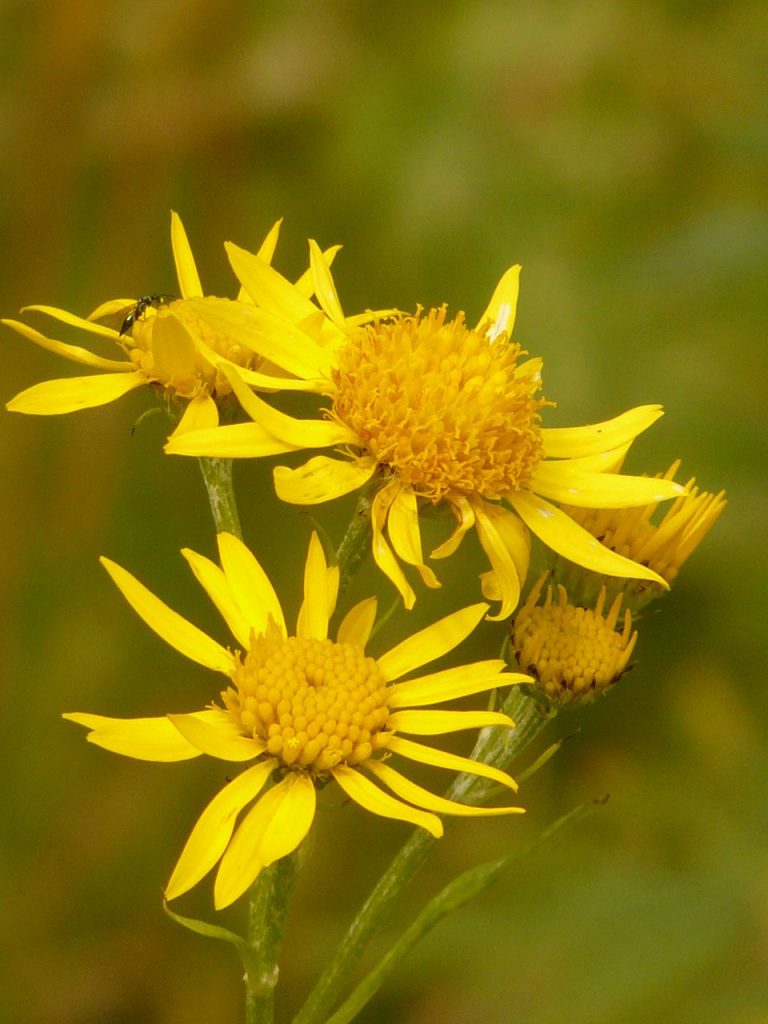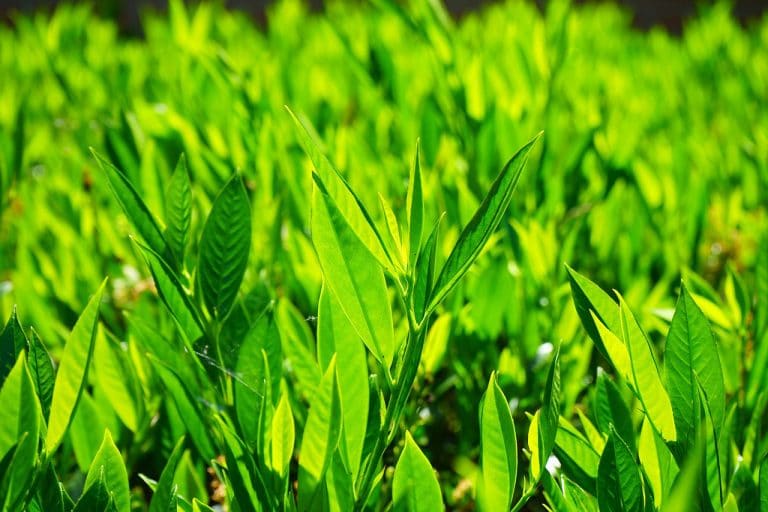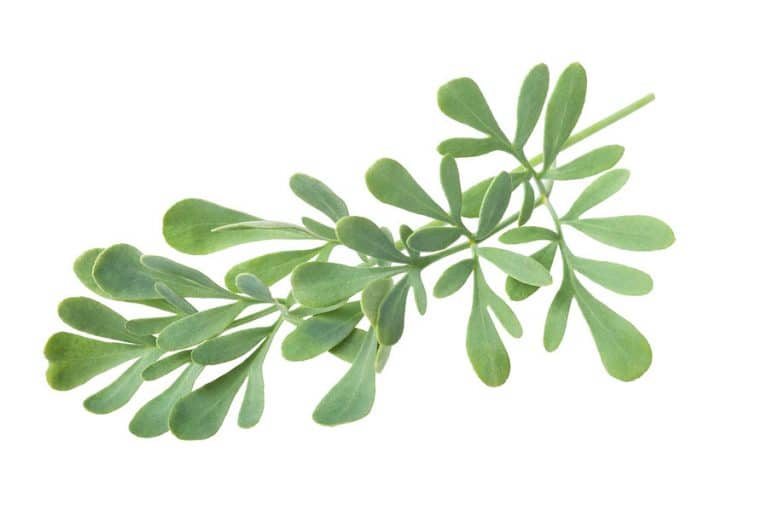Lemon Balm
Scientific Classification
| Kingdom: | Plantae |
| (unranked): | Angiosperms |
| (unranked): | Eudicots |
| (unranked): | Asterids |
| Order: | Lamiales |
| Family: | Lamiaceae |
| Genus: | Melissa |
| Species: | M. Officinalis |
| Binomial Name: | Melissa Officinalis |
Lemon balm, also known as Melissa Officinalis, Balm, and Balm Mint, is a perennial herb, used to make herbal medicines. The Lemon balm plant grows up to 70 -150cm tall. Its flowers and young leaves are antibacterial, antiviral, digestive, and carminative. Lemon balm is also known as a calming herb. It contains Carmelite water, which is very popular as a scent. Its scientific name Melissa Officinalis derives from the Greek word Melissa, which means honey bee. An herbal tea made from lemon balm is a very effective remedy. This plant can be harvested harvest throughout the season. It has calming properties and is a valuable remedy for treating several diseases.
History
In the ancient times, say, from 2000 years ago, the lemon balm has been used medicinally by the Greeks. It was dedicated to the goddess Diana. Since the times of Rome AD 23-79, it is used as an herbal medicine. Through Spanish trade routes, it was carried to the Europe. In Folklore, it was used as a protection against evil, and to promote good health, good cheer and love. As a popular digestive tea, it was used in the Mediterranean regions of Morocco and Turkey. Historically, it has many uses. And traditionally it was used as a sleep aid and an antibacterial agent.
Anatomy
The leaves of the lemon balm are green in color. They have a gentle scent of lemon. Small white flowers, full of nectar, appear on the plant in the summer season and attract the bees. It grows in clumps and propagates by vegetation through seeds. Its flowers have both female and male organs and they are pollinated by bees. Its leaves are heart shaped and rounded. These leaves are 2 to 3 inches long. Its cluster of small flowers grows where the leaves and stem meet. It has hairy and branching stems. For further use its leaves have to be kept in the fridge in an airtight container. Lemon balm has a creeping root system.
Habitat
Lemon balm is grown in all over the world. It is native to North Africa, South and Central Europe, Central Asia and the Mediterranean region. It is not only grows in the garden of herbs, but it is also cultivated as crops for cosmetics, medicines and for manufacture of furniture polish. Now you can find it all around the world and in many places it grows successfully.
Soil
The Lemon balm plant requires well drained, Sandy or loamy soil. They can also grow in Neutral and alkaline soils. It prefers moist and dry soil, but has the ability to tolerate drought. It does not grow in dry or very poor soil. It grows best between the PH ranges from 4.5 to 7.6.
Planting
For planting the lemon balm plant the seeds are sown in autumn or spring season in cold frames. Its germination is slow. It is easily cultivated by root division or from seeds. Its vegetative propagation is done by layering or by root division or by cutting the stem. For the germination of seed, the presence of light is necessary. It is a fast growing plant.
Water
Lemon balm requires good watering in dry weather. When the foliage of the plant begins to wilt, watering is essential. Deep watering is ideal for the lemon balm so that the roots are saturated. Under conditions of high temperature and sunlight, it requires water on a weekly basis. If it is planted in containers, then regular watering is required, especially in dry and hot weather.
Temperature and Humidity
At the start of the winter season, in the mild temperate zones, the stems of the lemon balm die off. But they again shoot up in the spring season. To germinate, its seeds require light temperature of 20 degree C. It cannot tolerate high humidity.
Care
Caring of the lemon balm is easy. When planting, the Lemon balm plant requires little fertilizers. While overwintering, it requires good drainage. For best care, on the ground, you must ensure to prune the plants regularly to enable it to produce fresh shoots the whole year round. Mulching is ideal for the growth of the plant because it improves the soil quality. It requires full to partial sunlight.
Harvest
The leaves of the lemon balm plant are harvested before flowering for medicinal purpose in the summer, autumn and in the late spring season. Harvesting is done by cutting the leaves of the plant. To avoid discoloration and bruising at the time of harvest the leaves are handled carefully because of their tender nature.
Pests and Disease
Lemon balm is a disease resistant plant. But many pests affect the growth of the plant and also damage the plant. Aphids, whitefly, spider mite, European red mite and Tow spotted mite affect the plant. Leaf spot and powdery mildew diseases also damage the leaves of the plant. Insecticides and pesticides are ideal to control these diseases and pests.
Uses
The Lemon balm has many uses. For Alzheimers disease, it is inhaled as part of aromatherapy. To treat cold sores it is applied directly to the skin. The oil and extract of lemon balm are used for flavoring. It is used to treat digestive problems, bloating intestinal gas, colic and vomiting, for headache, pain, toothache, mental disorders and in menstrual cramps. It is used in flavoring of herbal tea and ice cream. It is mixed in the candies and fruit dishes. It is also used in fish dishes. It is used externally to treat insect bites, gouts, herpes, wounds and sores. Its leaves are also used in the flavoring of alcoholic beverages. Its crushed leaves are applied on the skin as a mosquito repellent. This balm is very effective in reducing stress. Its dried leaves are added to potpourri and sachets. Its leaves are edible and used in sauces, salads and soups. It is used to relax the heart. It is used to treat fever, cough, flu, childhood infections and migraine problems. It is very helpful for Asthmatic problems. Its crushed leaves are added in soft drinks and summer punches to add flavor. Lemon balm is useful in the treatment of thyroid problems. And it is helpful in strengthening your memory. It also helps to remove the bad taste from the mouth. It is also used to treat problems of the liver.

Having discovered a fondness for insects while pursuing her degree in Biology, Randi Jones was quite bugged to know that people usually dismissed these little creatures as “creepy-crawlies”.

